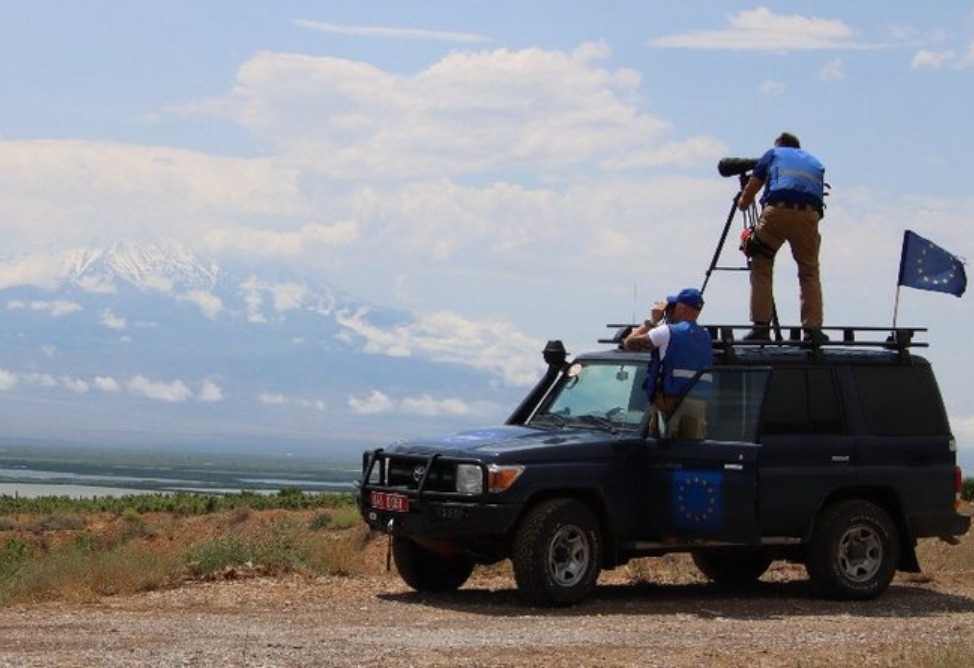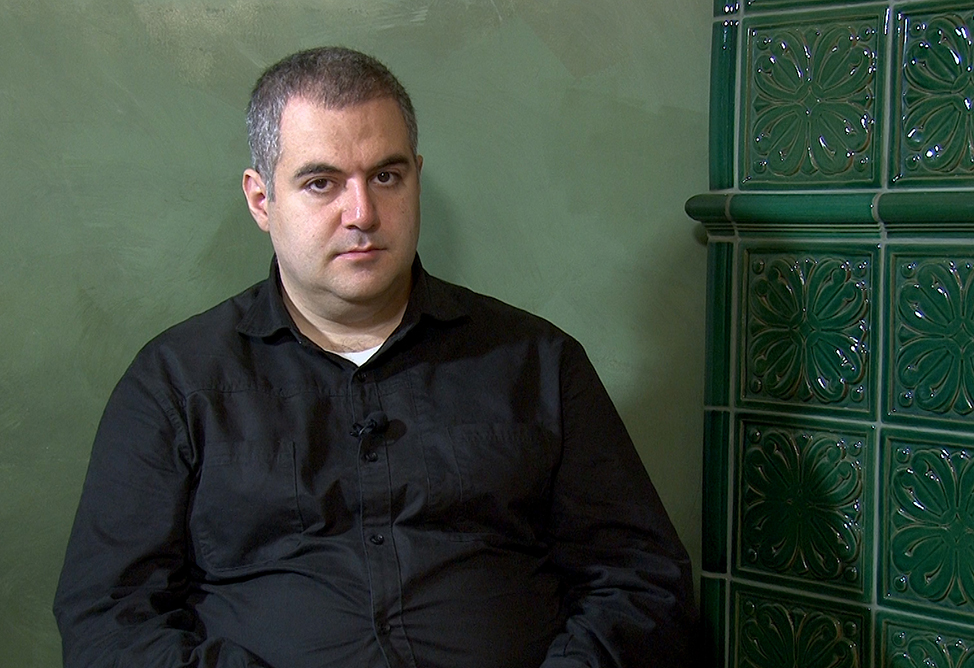European Union Council extends mandate of EU Monitoring Mission in Armenia for 2 years

YEREVAN, January 30. /ARKA/. The EU Council has formally extended the mandate of its monitoring mission in Armenia for another 2 years. Earlier on Wednesday, ambassadors of European Union member states meeting in Brussels approved the extension of the EU monitoring mission in Armenia until February 19, 2027.
Yerevan asked the EU to deploy the mission after accusing Russia and other former Soviet allies of refusing to protect Armenia from Azerbaijani attacks in 2022.
According to news reports, the EU kept the mission's mandate unchanged, first installed two years ago. The mission aims to reduce incidents in Armenia's border and conflict-affected regions, reduce the risk to the population living in these areas, and contribute to the normalization of Armenian-Azerbaijani relations on the ground.
Similarly, the composition of the mission will remain unchanged. It includes 165 observers and 44 Armenian staff members.
"The mission is a key instrument for promoting stability in the border areas of Armenia and building confidence on the ground. Budgetary allocations of over €44 million will be released for this purpose," the EU Council said in a statement.
Moscow and Baku have recently stepped up their opposition to the EU mission in Armenia, accusing the EU of interfering in regional issues and destabilizing the region.
Azerbaijani President Ilham Aliyev said late last year that the EU mission posed a threat to the peace process with Armenia, calling for an immediate halt to the effort.
Russia claims that the EU mission was actively engaged in espionage and using observers to spy on Azerbaijan and other regional players.
The EU Monitoring Mission to Armenia (EUMA) was launched on 20 February 2023 under the Common Security and Defence Policy (CSDP) and has a two-year mandate. In January 2024, the EU Council decided to increase the mission's size by 50% to 209 personnel.
EUMA monitors the border from 6 operational bases in Kapan, Goris, Jermuk, Yeghegnadzor, Martuni and Ijevan. --0--



